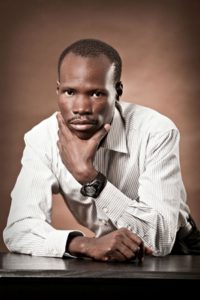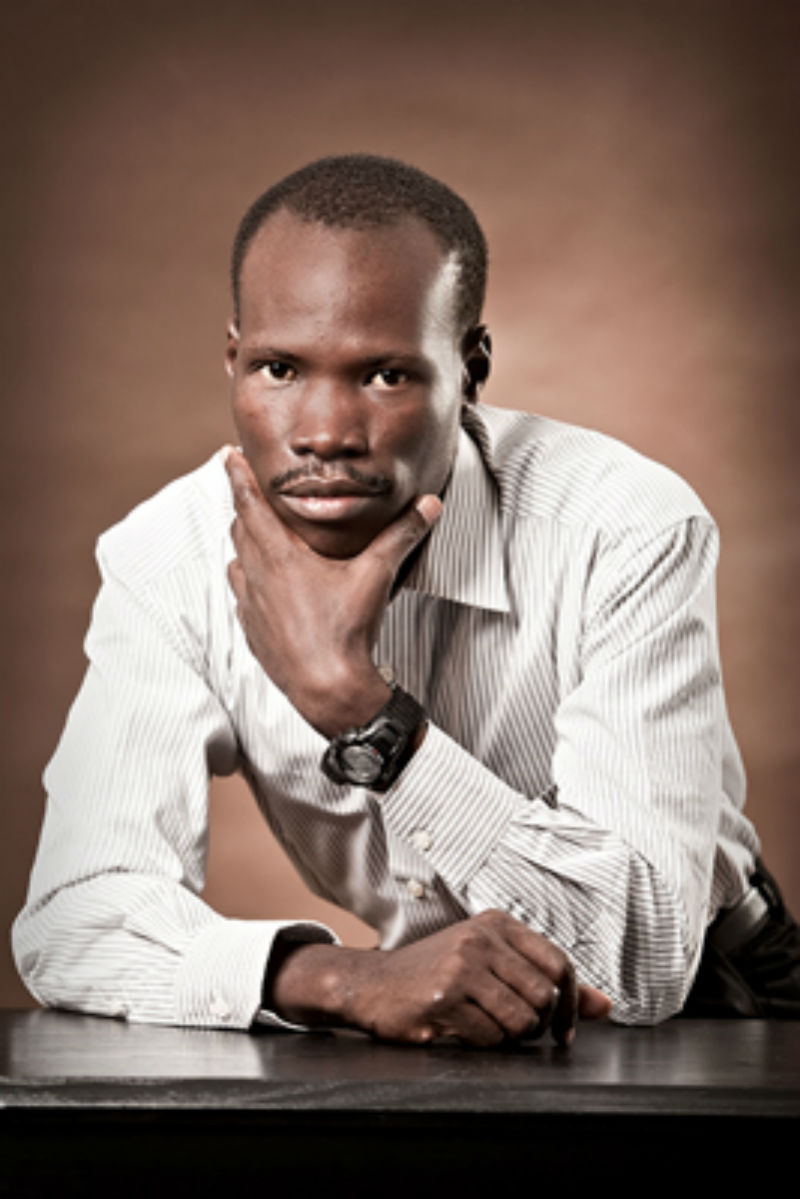
By Moses Nyara
March 3, 2019 (SSNA) — Rights over land in South Sudan are never lost or abandoned so as to become res nullius. The idea that the land must belong to the government is not only a deliberate plan to extinguish seisin of the land in South Sudan but a threat to the existence of the South Sudan State.
South Sudan is not a settled territory. The South Sudan Nation State did not result from a conquest. Land rights in South Sudan predate any nation State or government. There has never been an acquisition of sovereignty over any land in South Sudan. Not by the French; the British or the Arabs. Our ancestors fought viciously against such a vice. There is no one to who we must swear fealty or make an homage.
The utterance in Bahr al Ghazal region during the so-called dialogue meeting in Wau that the land must belong to the state is nothing but an attempt to introduce the English doctrine of tenure and must be resisted.
The lands of South Sudan belong to its people. Land ownership is held by hereditary right. Lands are the absolute property of their owner and not subject to any rent, service, or acknowledgment to a superior.
The utterance in Bahr al Ghazal has nothing to do with peace dialogue. There is a deliberate plan to extinguish seisin in South Sudan through the introduction of the doctrine of tenure. The doctrine of tenure originated in the system of a social and political organization known as feudalism which is practiced in England. At the heart of the doctrine of tenure is the theory that all land in England is held either mediately or immediately of the sovereign. Thus, no person has absolute ownership of their land. Rather it is held ultimately, by a grant from the grown.
On acquisition of sovereignty, the government becomes the absolute and beneficial owner of all land. When you buy land, be from the government or from any person for that matter, you don’t buy it once and for all. You pay your money for a grand of tenure. The condition of the grant is that you must render services to the Crown in return for the grant of the land. The doctrine envisages an ongoing relationship between the crown and the tenant.
The application of the doctrine is South Sudan effectively means that the government of the day will cease all the lands and render its citizens landless. It will force the inhabitants of the land into a dependent land holding- the holding of land in return for the rendering of services. The land will become a source of many land relationships such as justices and policy. For example, such a policy would be paying of land tax or the requirements to develop your land in a particular manner. If the tenant failed to fulfill her or his obligations to pay rates to develop the land, then the land is liable to forfeiture – the land is forcefully taken away from the citizen.
The effect of the doctrine is that the state is not just the sovereign of the citizens and territory with the realm, but it is the absolute lord paramount over landholders and their land. The political party or president in power state will be free to grant large tracts of land to any persons or persons who had supported him in battle or elections. The party and government of the day will be free to reward their supporters to ensure their continuing loyalty. Raising corruption, large-scale resettlement of populations, and even new colonization of South Sudan.
Nothing will stop the government from driving away the inhabitants of the land in South Sudan and giving that land to a Chinese or Arab developer if the people of the land are not able to develop it to the requisite standard the government has set. There are plain examples of such acts. The Ethiopia’s government has been accused of forcing tens of thousands of people off their land in the Gambella region so it can be leased to foreign investors.
There is increased interest by foreign investors in African land and South Sudan is a prime Target. Less because its leaders are corrupt but more so because its inhabitants are ignorant of the law.
The question is whether the people of South Sudan are prepared to ceased sovereignty and allow the state to take jurisdiction over the lands of which their fathers and forefathers shaded blood in defense of it. More importantly, whether the people consider the government of the day a government of the people by the people and for the people. Is a government wordy to secede right to?
The author, Mr. Moses Nyara can be reached via: [email protected]. Disclaimer: the views are solely mine and do not represent any institution or government.

